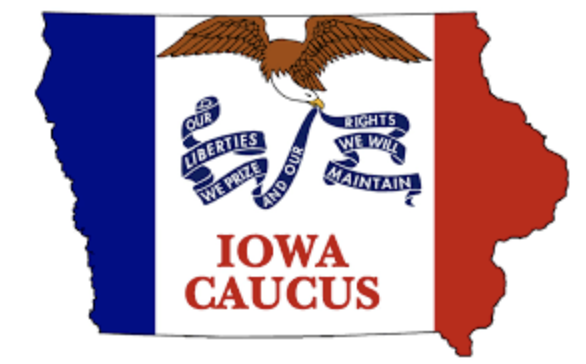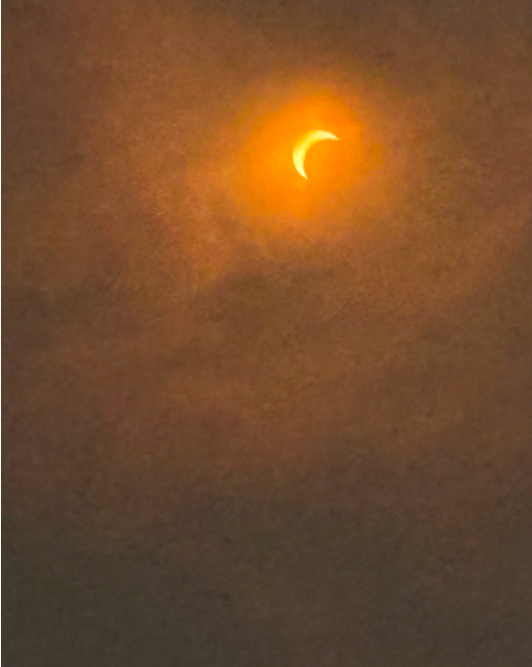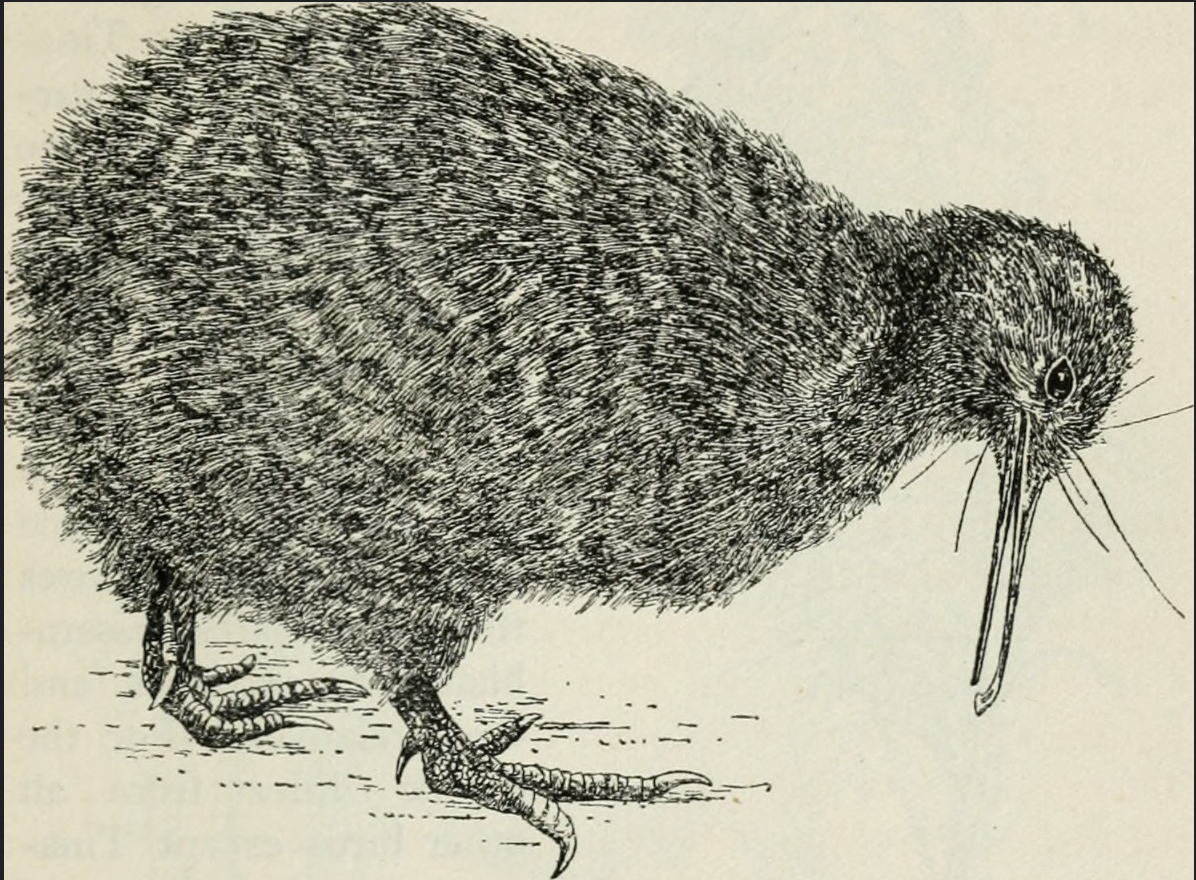
I found myself this morning on the front page of the New York Times website, as I normally do to pass the time in class.An opinion piece ‘Why Would Trump Win This Election When He Lost the Last One” caught my attention. The article detailed the questions and results of a recent Times Opinion focus group, where eight Iowa voters who were attending the G.O.P. caucuses next Monday night.
After a quick introduction, the eight participants were named, along with their race and job. I had to do a double take. Seven out of the eight participants were white? There was one black participant? The lack of diversity made me less inclined to continue reading. How could these findings be accurate to the caucus voters of Iowa?
Convinced that the New York Times failed to represent a true and diverse group of Iowa voters, I planned to write an article combatting their faulty opinion article. Researching to back my confusion, I googled the race demographics of Iowa, just to see what “fair” representation for the state would look like. To my surprise , a whopping 88% of the state is of white residents.
The seven out of eight participants being white does in fact check out to their race demographics. Why would a state that such heavily lacks diversity when America’s person of color demographic is 25% play such a heavy role in our presidential election system? The Iowa Caucus is the first caucus of the election season.
In a caucus, Republican voters vote for the Republican nominee they want for the presidency, and Democratic voters vote for the Democratic nominee. To vote, you must be registered in that specific party. This year, as Biden is the incumbent nominee (as of present day), only a Republican Caucus is being held in 2024.
Turns out, my question meets a dead end because the Iowa Caucus really isn’t as important as many are making it seem. Though the Iowa Caucus holds some weight in the election, it is not as important as the media tends to make it out to be. For example, the caucus in 2016 nominated Ted Cruz as their Republican nominee, but we all know who the winner of that election was…Trump.
Not only is the caucus over exaggerated in its fame, there are also many issues in its structure.The caucus process is also a long and drawn out one; smaller caucuses can take an hour or two to complete, whereas larger ones can last many more hours. This time constraint can make it impossible for people who work evenings or have to take care of kids to get out and participate. It could also prevent people with disabilities or elderly people from voting, since it’s held at night and could be difficult to get to their caucus site.
Despite its many flaws, the caucus system is likely remaining as a part of our election system. Yet, there are other states with higher racial diversity, better reflecting America as a whole, that would work better than Iowa as the first state to confer. New Jersey, California, Texas, and Florida are some of the most diverse states which could replace Iowa’s position as the first caucus. Additionally, the first primary election is held in New Hampshire, where a whopping 92% of residents are white! Even less diversity than Iowa.
If I were to sit here and detail all the faults within our election system, then you and I would miss the entire 2024 election. Yet, just looking at the NYT focus group broadcasts its flaws clearly. Diversity in representation matters. Although the Iowa caucus itself does not cause much of a shake in our system, it sets a precedent for other state caucuses.
We should not allow the G.O.P. caucus, a major component in choosing the Republican nominee, is held in a state lacking diversity. Furthermore, the process should be made more accessible so more citizens can participate in it. Until then, if you have the opportunity to vote and make your voice heard, take it.







